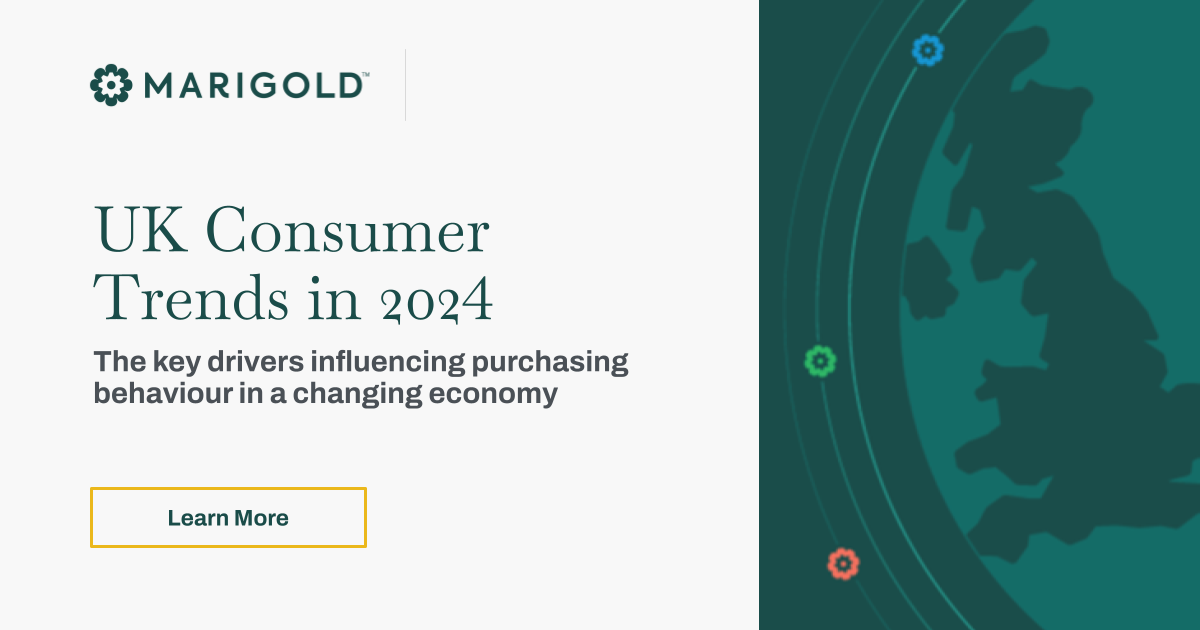SEO is dead, long live SEO
23 Jan 2014

Search engine optimisation (SEO) is changing. The days of ‘gaming’ the Google algorithms are coming to an end as Google is doing more and more to protect the quality and integrity of its search results in order to maintain market share. What does this mean for marketers?
SEO has been around for nearly 20 years, since the launch of the first web search engines. I remember being on the phone to a ‘human indexer’ at Yahoo (yes that’s right, humans actually did once check websites for the quality of their content in order to rank them) in 1995, negotiating the ranking status of one of my customer websites.
SEO really came into its own with the advent and meteoric rise of Google.PageRank, a link analysis algorithm invented by – and named after – Larry Page, co-founder of Google. It brought a simple elegance to indexing and website ranking, which completely removed the requirement for human intervention. By applying a simple, yet brilliant, set of algorithms (rules) the formula works as follows:
Websites with links from other websites that are deemed by the Google algorithm to have a high ‘authority’ appear further up in the search rankings than websites with links to them from lower authority websites.
So, for instance, if my website has a link to it from the BBC it will have a higher ranking in Google than if it contained a link to it from Joe’s Kebab shop (unless of course Jo is a world famous maker of kebabs with loads of quality links from sites such as the BBC – but hopefully you get my drift).
There’s a bit more complexity in some of the detail practice of SEO than this, but – in essence – it really is as simple as that.
There are really only three fundamental things that you need to do to maximise your search engine rankings:
1. Make sure your website is properly coded. This is technical but it is easy to do and is often called ‘on-page’ SEO
2. Make sure your content is well authored and useful by including keywords that are likely to be searched for on Google (on-page SEO)
3. Get as many quality inbound links as possible. This is often referred to as ‘off-page’ SEO
Since Google became the dominant search engine, many SEO ‘experts’ have tried to ‘game’ the Google PageRank algorithms with techniques such as buying links from other websites, creating links from ‘directories’ (this is often referred to by Google as link farms), creating numerous pages for individual keywords, and manipulating website content with keyword stuffing – where as many permutations of desired keywords as possible are stuffed into the text of a website on the pretext that keyword density and frequency are important.
Google was happy to play this cold war with the SEO community because this obsession with Google was also driving ad revenues for Google, as many SEO specialists also recommend pay-per-click (PPC) spend on Google as an important part of SEO. To this day there is a debate going over the idea that if you buy pay-per-click advertising (non-organic SEO) from Google, this will give your organic SEO a leg-up (If anyone has a definitive answer on this either way I’d love to hear from you.)
However, over the last few years Google has started clamping down on SEO practices.
Why? Because the average user search experience was increasingly deteriorating, as sites with superior content were pushed off the first page by sites with inferior content (but more aggressive SEO applied.)
So what is Google doing about this? It has always refined its core algorithms but over the last couple of years Google has rolled out some radical upgrades, including ‘Panda’ and ‘Penguin’ (Google likes cuddly code names). These radical changes meant hundreds of thousands of websites shifted rankings overnight, with many websites that employed aggressive SEO strategies falling off the first page of results for all of their keywords.
But the biggest and perhaps most revolutionary effect on SEO is the roll-out of the Google Knowledge Graph. You may have heard of the Semantic Web, where search engines become more intelligent and serve up results with the most useful and relevant content by ‘understanding’ the semantics and ‘anticipating’ the meaning and intent of the search phrases we input.
Google is making it harder to ‘game’ the system.
So how can you ensure that your website gets as high up search rankings as possible?
1. Create useful and relevant content – regularly
It seems obvious, but it’s really this simple: By providing continuous, well authored and informative content – such as articles, blog posts, video and infographics, and other information to useful to your user base – you’ll appear as ‘relevant’ to Google’s algorithms. This will encourage high authority, quality links back to your website from appreciative visitors who value your content enough to want to share it with their audiences.
2. Influence the influencers
Seek out the right people, with relevant subject expertise and readerships, and turn them into evangelists about what you do. Whether it’s a journalist writing about your services or a blogger reviewing your latest product, this can lead to high authority links back to your site. Take note though, this rarely happens overnight and is about building and forming trust based relationships over time.
3. Go social
There is still much debate as to how much the weighting of links from Tweets, Facebook and LinkedIn updates affects your search rankings. However, what is certain is that social media is a big influencer in encouraging followers to promote your products and services. By getting people talking about you, both on – and offline, good old fashion word of mouth remains the most effective marketing tool. Social media can lead to better SEO and higher rankings for keywords by encouraging publishers of sites with high search authority to link to your site.
Again, success is rarely instant, and you need to consistently share useful and insightful updates on the social media networks relevant to your target audience (not just to your content, but also to other relevant websites and influencers on social networks), to become a valued influencer yourself.
4. Do online PR – well
Engaging via PR is a valuable way of promoting your products and services to online influencers and publishers of high authority content who are always on the lookout for quality material to include in their online titles. It’s good practice when authoring press releases to include quality anchor text with links back to relevant and useful content on your website. Anchor text is words that are underlines and clickable providing a hypertext link back to a website. The key to good anchor text is to link a phrase rather than as single word back to your website, as the Google algorithm gives weigh to context.
Make no mistake, the days of ‘gaming’ the Google algorithms are coming to an end. The best way to achieve quality SEO is to create good quality content, consistently and often, and to encourage other publishers with high ‘authority’ websites to link to your content. By identifying and forming relationships with key influencers via online PR and social media, good old word-of-mouth marketing, teamed up with technology, will work wonders for your business.
By DMA guest blogger Rob Wilmot, director, bcsAgency


1.png)

